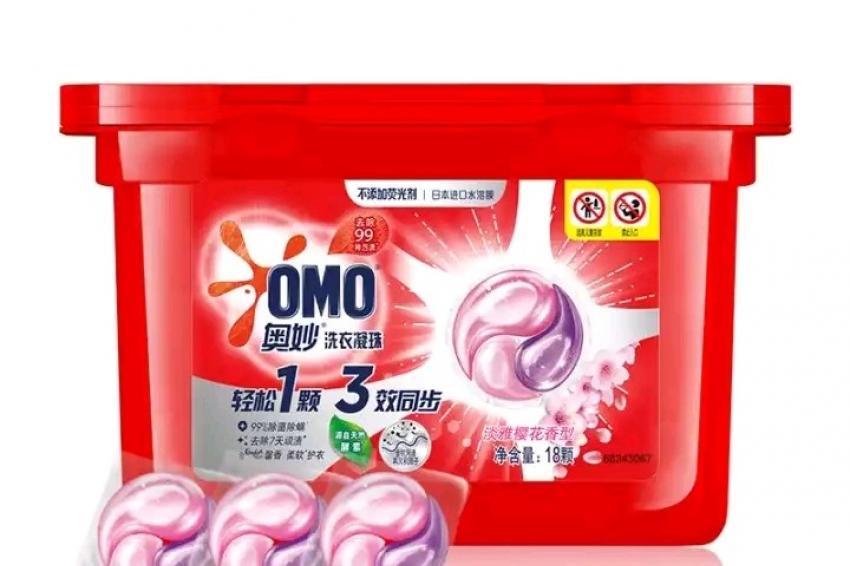Unilever, LanzaTech and India Glycols Make Surfactant from Waste Carbon
The new surfactant is being used in an Omo (Persil) laundry capsule that Unilever launched in China on Apr. 22, World Earth Day.
The “breakthrough” process marks the first time a surfactant has been made using captured carbon emissions. LanzaTech converts the waste industrial emissions captured at its Beijing Shougang plant in China to ethanol, which India Glycols then converts at its site in India into ethylene oxide, a key feedstock for making surfactants. Unilever uses the surfactant in its Omo laundry capsules made in Hefei, China.
According to a study by LanzaTech, the technology it uses to produce ethanol from captured carbon cuts greenhouse gas emissions by 82% compared with the conventional hydrocarbon-based process.
“Advancements in technology like this mean we can now reinvent the chemistry of our products. Instead of valuable carbon being released directly into the atmosphere, we can capture it and recycle it in our products instead of using fossil fuels,” said Unilever’s president home care, Peter ter Kulve. “We’re excited by the potential that this breakthrough represents for future innovations across our portfolio and our industry.”
A report published by Unilever and the Nova Institute this month estimates that demand for fossil-derived chemicals will more than double by 2050. Consequently, renewable carbon production will need to increase by a factor of 15 by 2050 to phase-out the use of fossil carbon in consumer products.
Unilever said the partnership is just one in a series of innovations it is investing in as part of its Clean Future strategy, announced in September 2020. Under Clean Future, Unilever seeks to eliminate fossil fuel-based chemicals from its cleaning and laundry product formulations by 2030.
Author: Elaine Burridge, Freelance Journalist








